According to rating agency Crisil, Tata Sons' net debt as of September of last year was ₹15,200 crore. Dividends and buybacks from group companies, such as Tata Consultancy Services (TCS), provide Tata Sons with significant and consistent revenue that should cover interest payments and anticipated investments. The equivalent in cash was ₹2,000 crore.
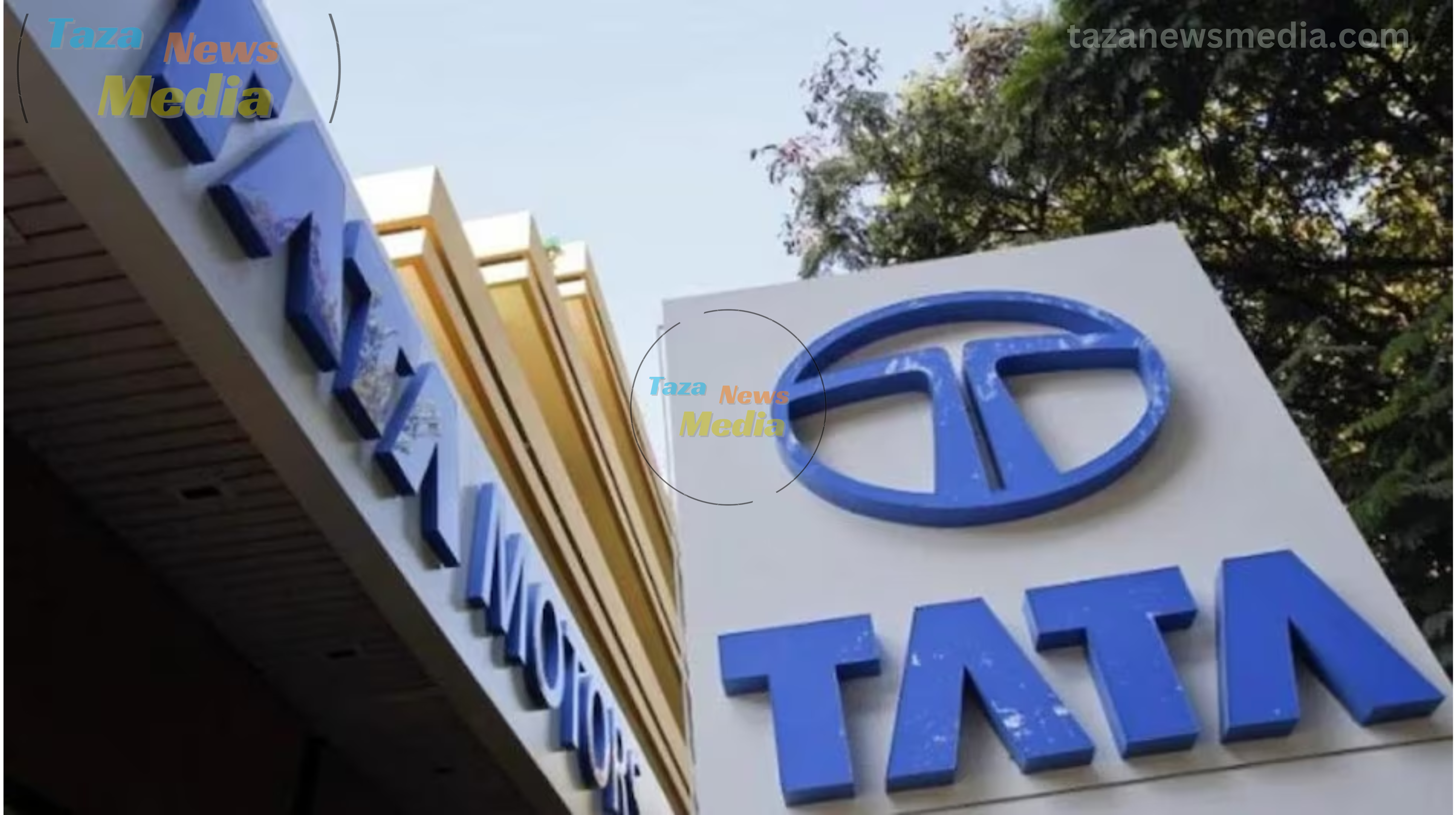
Mumbai : It is believed that Tata Sons is developing a strategy to reorganize in order to comply with Reserve Bank of India (RBI) regulations. Subsequent to an informal request for exemption from the mandatory listing of so-called ‘upper layer’ non-banking financing firms (NBFCs), the RBI declined to grant any exemptions. The Tata Group’s parent company is called Tata Sons.
According to RBI regulations, a “core investment company” “neatly sidesteps RBI’s grip, freeing itself from being considered as a CIC and ‘upper layer’ NBFC, and is not required to go for a public listing” if it does not own more than Rs 100 crore in assets and does not raise public funds (if it repays them or transfers them to a separate entity).” An individual with knowledge of the development said this is the case.
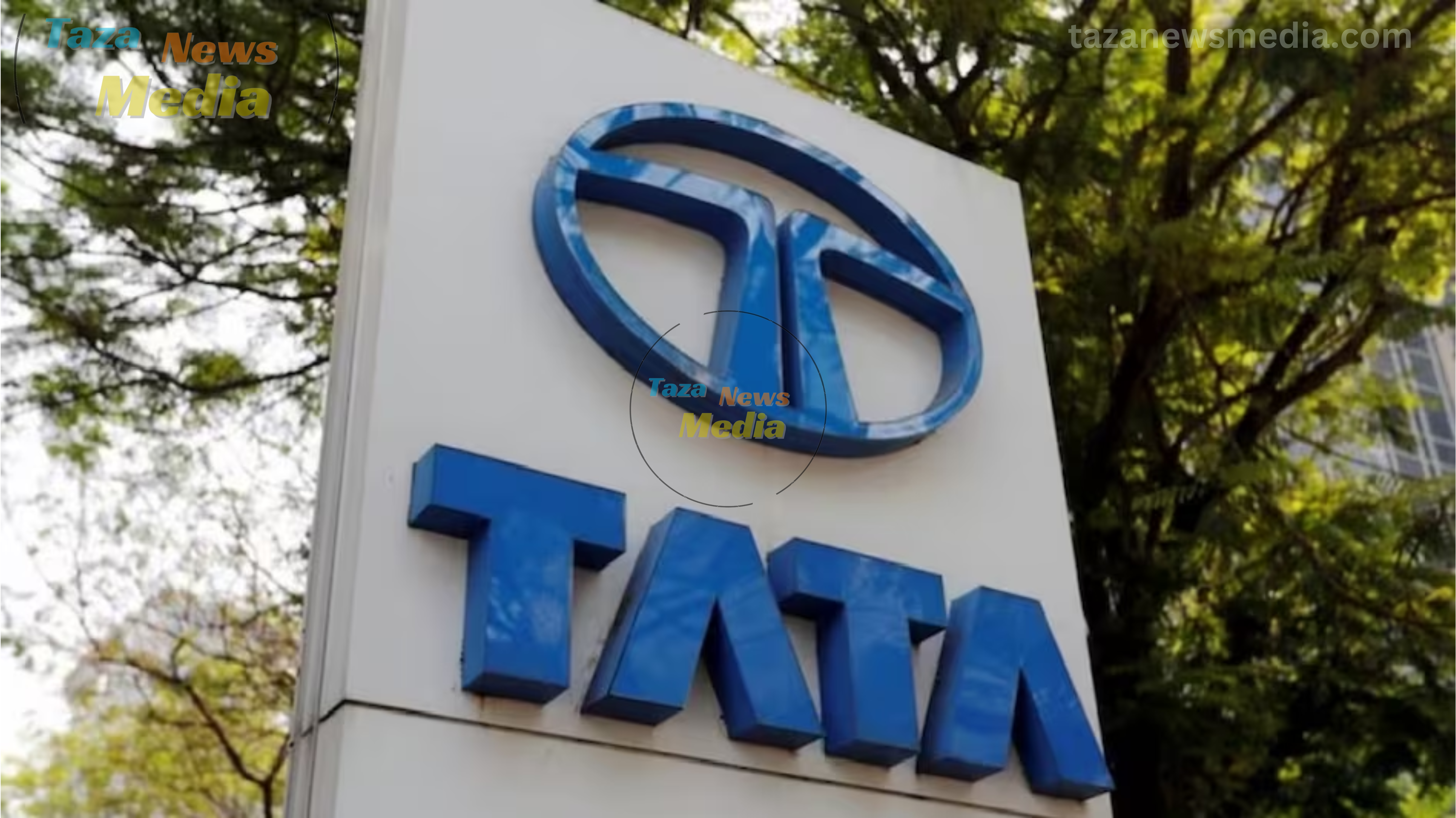
A lawyer claims that a CIC is subject to RBI regulation only under the following two scenarios: Initially, if the CIC’s asset value exceeds Rs 100 crore. Secondly, whether public money have been raised. It is not necessary to register as a CIC if one of the requirements is not met.
With assets valued at more than Rs 100 crore, Tata Sons would need to restructure its debt in order to deregister as a CIC with the RBI. It can do this by either repaying its borrowings and becoming debt free or by transferring its debt to a another business.
Tata Sons is an upper-layer NBFC, subject to a strict disciplinary framework and a mandated listing within three years of notification. The banking authority has registered Tata Sons as a CIC. In September 2022, the RBI released the notification pertaining to Tata Sons.
The N Chandrasekaran-led business is looking at possibilities to move its debt to a different entity so that it is not included on the ‘upper layer’ list, the person previously quoted stated, even though it still has time to comply with RBI regulations. Tata Sons’ FY23 report states that the company has borrowings of Rs 20,000 crore.
Read this Also⬇️
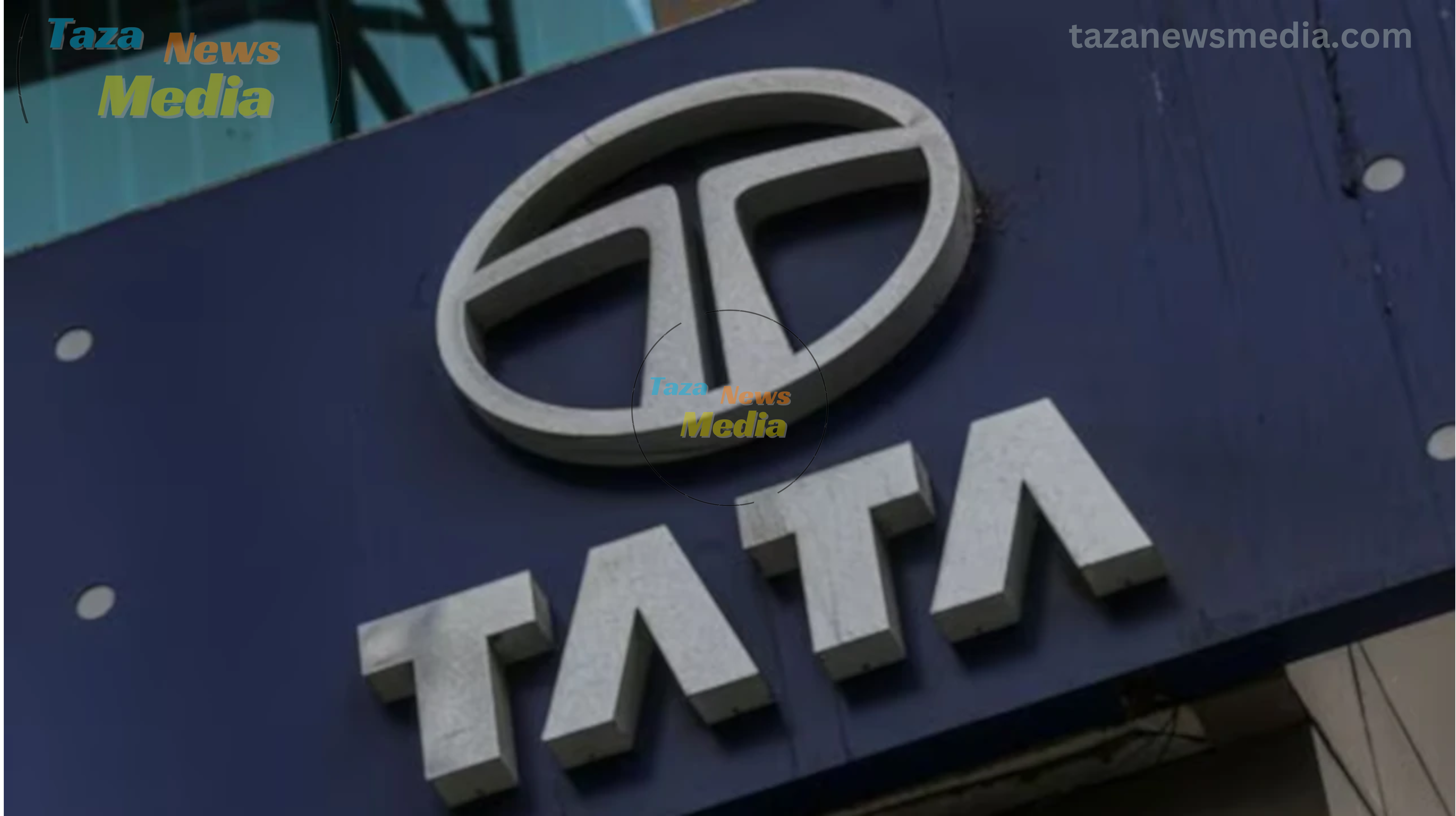
“Tata Chemicals presents the only practical avenue for exposure to the potential value unlocking of Tata Sons’ stake, as Tata Sons’ ownership may account for 80% of the company’s market capitalization.” According to a research by investment banking company Spark, the shareholding amounts to 16–21% of the market capitalization of the other three firms, namely Tata Motors, Tata Power, and Indian Hotels. The article stated that “should the street assign a Rs 10-11 lakh crore valuation to Tata Sons, the intrinsic valuation of Tata Chemicals is 5-7x FY25 PE, which could potentially re-rate should the investment be liquidated at/or after IPO.”
A projected initial public offering (IPO) of Tata Sons has caused the share prices of four listed Tata Group firms that own a stake in the holding company to soar. Tata Chemicals’ stock price increased by almost 15% on the BSE during Thursday’s calm trading session, ending with an 11.6% gain at Rs 1,315. The company most likely to gain from a possible Tata Sons IPO is Tata Chemicals.

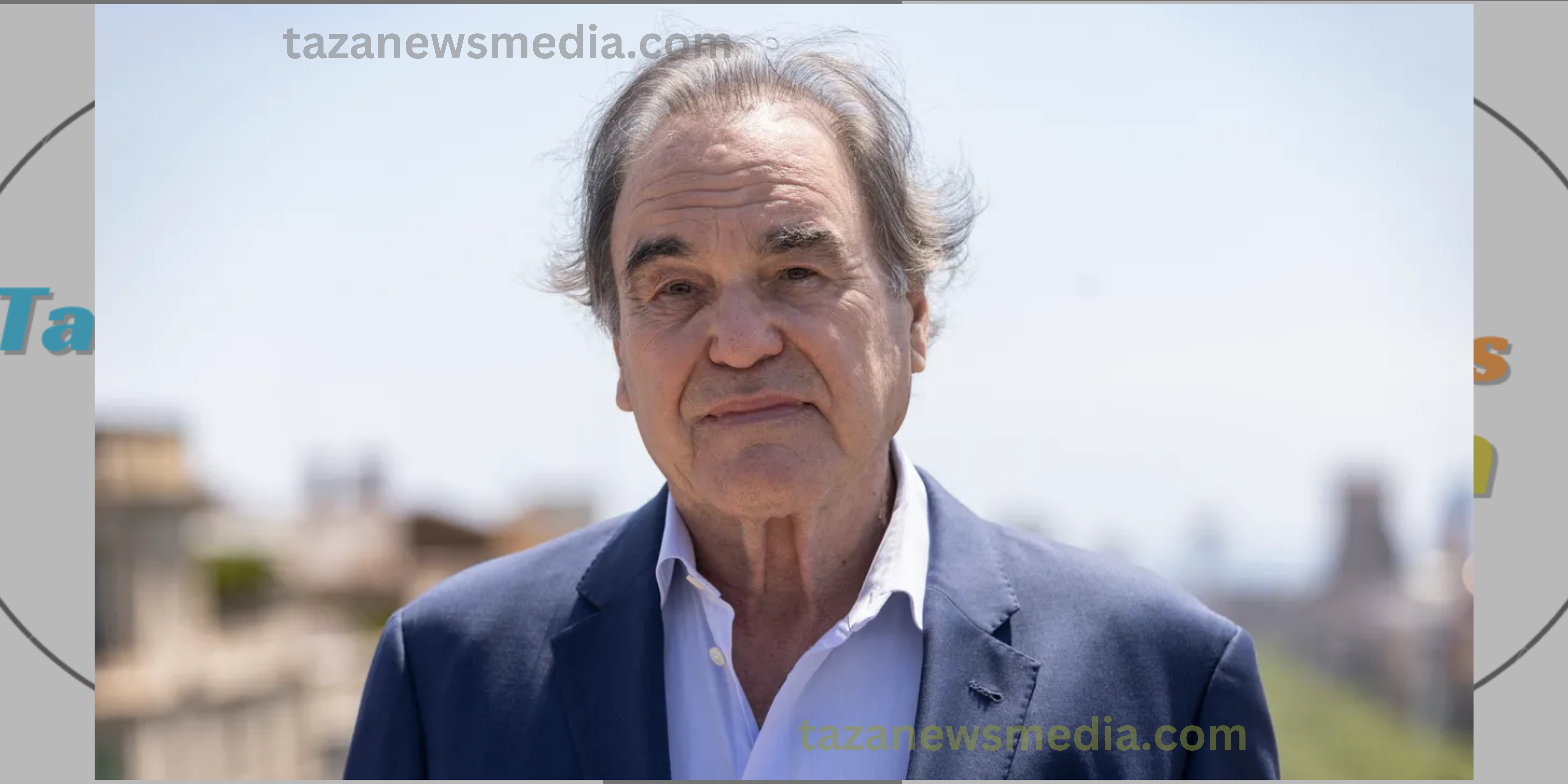





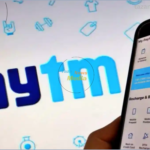

usefull
very good